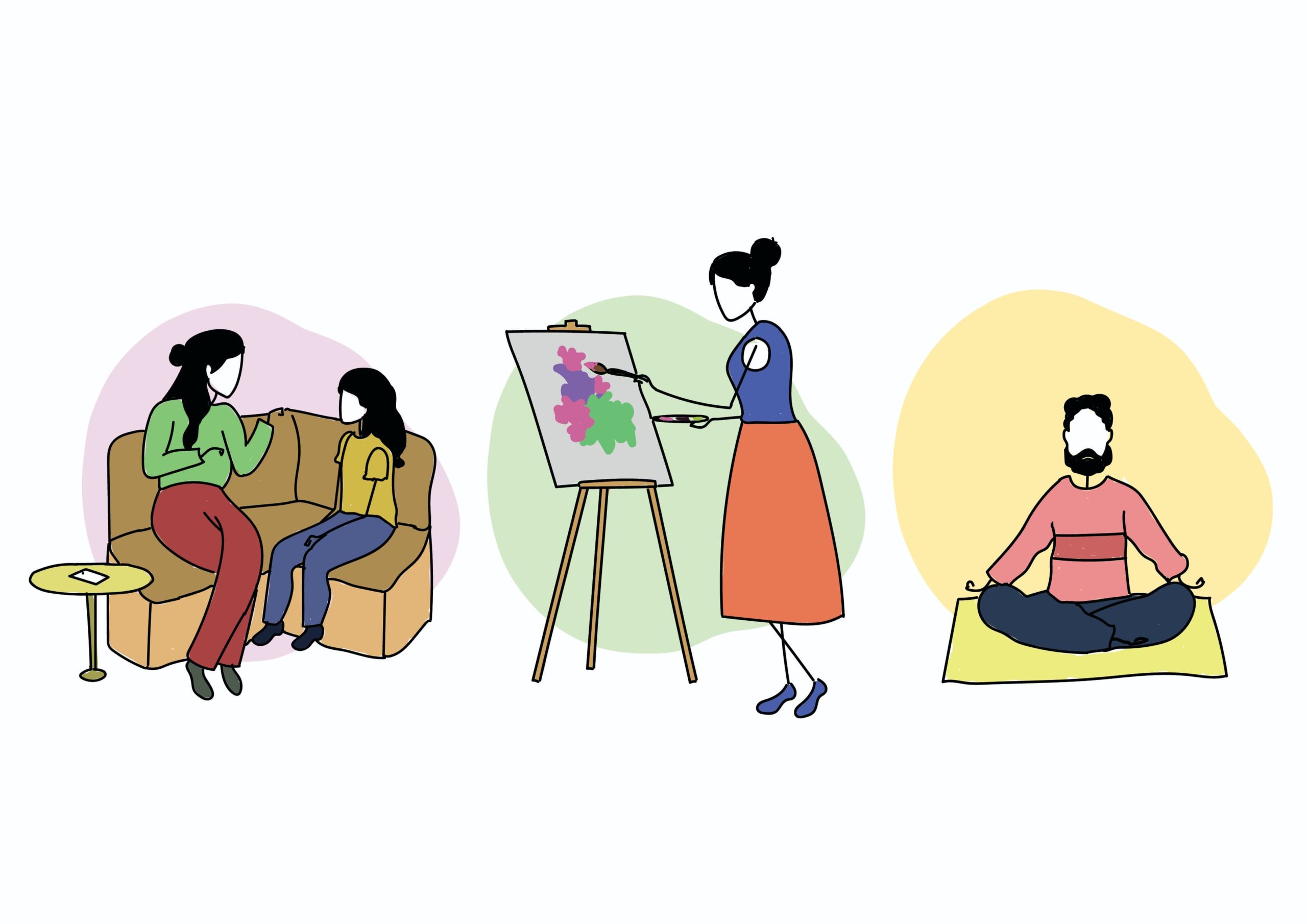
19 Jul The Three Priceless Gifts Every Parent Should Give Their Children
Parenting is hard, incredibly hard! It’s a cliché, but it’s what I hear every day from parents. Stressing about their children is almost universal among parents. It’s one of the most unspoken topics. Amid all this anxiety, parents are making every conceivable effort to leave enough money, property, and resources for their children.
My generation (graduating in the late eighties and early nineties) enjoyed relative economic growth and peace for a couple of decades. We made money, built corporate careers, and bought houses. With that, there is enough for our children, but there’s still some work left to be done.
In this article, I want to turn the spotlight on parents. There’s still some work that needs to be done. Here’s my take on what parents can do to help their children deal with an uncertain world with a bit more serenity.
Limit Digital Device Use
One of the best gifts parents can give is their undivided attention. All parents complain about the time their children spend on digital devices, yet they often check their own WhatsApp messages or Instagram feeds. A recent study conducted at Bournemouth University found a link between ADHD in adults and excessive use of social media and smartphone dependence. So, it’s not just children who need to be careful with their digital usage.
We live in an attention-deficit world. Digital devices have hacked our brains. If we want to remain sane (for our own sake), we need to take back control and bring our attention back. It’s not easy. This is one area where I am trying to regain control. Like most people, I find it hard to focus on a task at any given moment, and my reading habits have deteriorated. To improve, I have decided to seriously limit my mobile usage and started meditating.
How does this connect to parenting? Most parents complain about their children not spending time with them or giving monosyllabic answers to their questions and always being distracted by digital devices. If we want them to have responsible and meaningful engagement with digital devices, we need to show them the way. Set aside daily device-free times for family activities. Model healthy digital habits by designating tech-free zones in the home.
Embrace Lifelong Learning
Another valuable gift is the demonstration of lifelong learning. I’ve been trying to learn how to swim for some time now, and my learning curve is pathetic. It’s a very humbling experience. I realise how difficult it is to learn anything new from scratch. It tests my resolve, patience, and perseverance. Most of us have forgotten that learning can be excruciatingly demanding.
Choose a new hobby or skill and let your children see your learning process. Share your struggles and triumphs to show that persistence pays off. Pick up a musical instrument, start singing, learn a new language, plant a few saplings, take care of a pet—basically, do anything you’ve been telling yourself to do for a while and enjoy the process. In this journey, you’ll learn to appreciate the task of learning that you expect your child to do every day. And, you will enrich your own life.
Prioritise Health and Well-Being
Prioritising your health is crucial for your family’s well-being. Here, I want to expand the scope of health to include physical, psychological, and spiritual health. Taking care of one’s health may seem like a selfish act, but it will free your children to explore the world without worrying about their parents. The worst-case scenario is that they need to abandon their life journey to take care of your health.
With increased medical interventions, we will live for some time now. While doctors can push back death, quality of health requires voluntary commitment. I’ve heard of people who drove themselves to the brink in getting into better physical condition, but that’s unidimensional. Without some serenity and spirituality (not religiosity), physical health alone is not enough. Schedule regular health check-ups, engage in family fitness activities, and practice mindfulness or meditation together.
If we want to do something good for our children, the work starts with us. There is a lot more parents can do for their children than just focusing on material transferability. We need to become better versions of ourselves. By becoming better people, we become better parents, better friends, and maybe better citizens of the world. When we see the whole world collapsing and chasms growing every day, let’s not try to make the world a better place. Test yourself and try to become a better person. It’s much tougher than you think.



Sorry, the comment form is closed at this time.